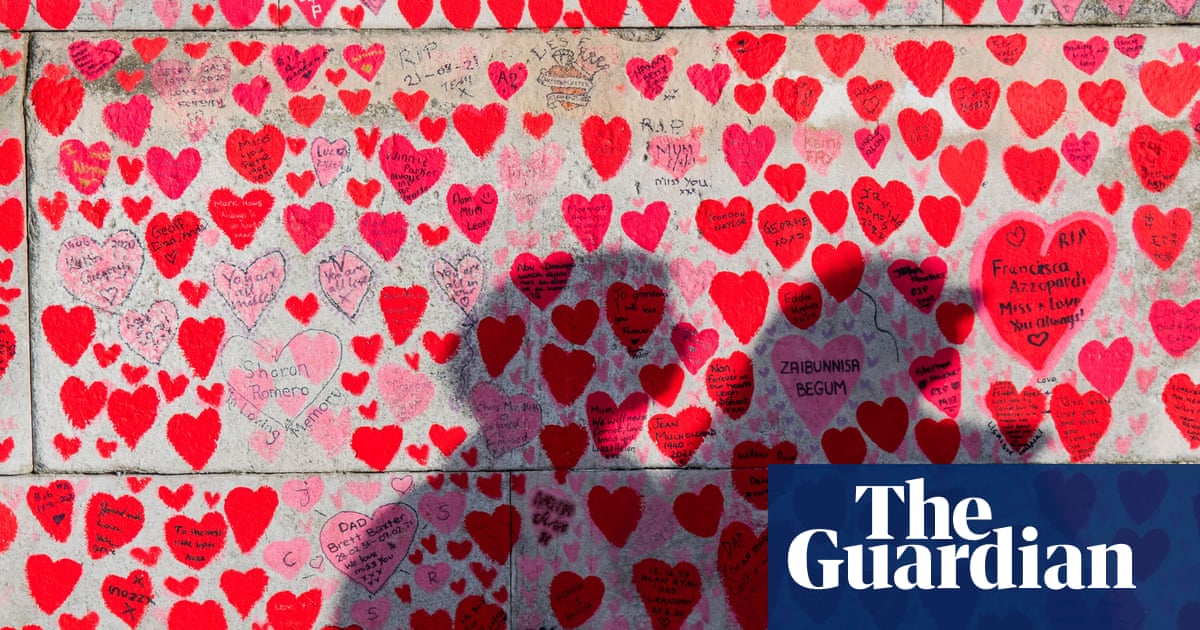
Mask-wearing and lockdown rules are now causing deeper social fractures than Brexit, according to a UK-wide study which suggests that the solidarityof the early weeks of the pandemic has given way to distrust.
Polling of 10,000 people found that half of mask-wearers in Britain (58%) have severely negative attitudes towards those who do not wear a mask, and the majority (68%) of people who did not break lockdown rules have strong negative views about lockdown rule-breakers.
Significant minorities of people who stuck to rules said they “hate” or “resent” people who do not. Twelve per cent of mask-wearers said they hated those who did not wear face coverings, and 14% of lockdown adherents hate rule breakers, the survey found.
The animosity created by different responses to the pandemic runs deeper than that revealed in comparable polling between leavers and remainers, the research by the thinktank Demos suggests. Only a third of non-leave voters think people who voted for Brexit are bad people, compared with more than two-thirds of people who abided by lockdown rules, saying they hated or resented lockdown rule-breakers or or thought they were bad people.
“We are still just as angry with each other, but about different things,” said Polly Mackenzie, chief executive of Demos. “People’s experience has been so divergent. What has been good for one person has been awful for someone else.
“Our ability to understand each other has been put under strain,” she said. “Social trust is really important for economic growth, so even if you only care about growth, the country has to be able to get along with each other. Being divided will impact on our recovery.”
The strains emerge amid increasing fears that normality may not be resumed any time soon. ONS data released on Thursday showed that optimism about a return to pre-pandemic life has been falling. Since the start of July, the number of people who believe it will take at least a year to get back to normal has overtaken those who think it will happen in less than six months. The proportion of optimists has fallen from 50% in April to just more than 20% at the end of July.
Speaking ahead of next week’s tightening of lockdown restrictions, when people will be barred from meeting in groups larger than six, the transport secretary, Grant Shapps, said on Thursday there should be street “marshals, employed by the council, to remind people ‘face mask on’ if they are going into shops”. “Anyone breaking [the rule of six] could be dispersed, could be fined and possibly arrested,” he said.
“The stakes are so high, when it comes to protecting lives and protecting livelihoods, that people are starting to see those who disagree with them on Covid as ‘bad’ people,” the Demos study says. “This threatens attempts to build national solidarity for a programme of reform and repair.”
The polling found a clear divide along the lines of socio-economic class. The proportion of people reporting improvements in their lives during the lockdown period falls from 46% of people in social grade A – people in higher managerial, administrative and professional jobs – to 27% in social grade E – casual and low-paid workers, the unemployed and state pensioners.
On measures relating to spending habits, eating, exercising and financial stability, significantly fewer people on incomes of less than £20,000 perceived improvements than those on incomes of more than £50,000. More than a third of those in social grade A said they felt happier, compared with just 18% of those in grade E.
“In many ways, the Covid-19 pandemic has helped communities, neighbours and wider society come together,” said Mackenzie. “But our new research has found that there is also a more concerning picture that has arisen. The social divisions caused by the pandemic are stark, but we must work to ensure that these divisions don’t fracture society in the long-term.”












